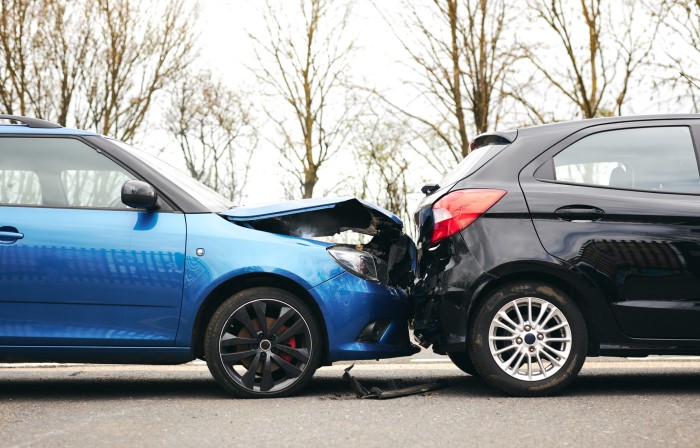
Car accidents are scary, but the scarier thing is handling a complex accident case. There are tons of things to do, from hiring an attorney to taking care of your own physical and mental health. No matter how big or small your accident may have been, it is likely that you will spend a few months dealing with the consequences.
If you have decided to file a case with the help of an attorney, you can click here to contact one. That being said, it is important to know the meanings of a few commonly used terms before you begin the case. The process will seem significantly simpler to you when you understand a few things and do not have to go to your lawyer with a question every time.
Common car accident terms defined
-
Liability
Liability means being legally responsible. The driver who caused the accident is the liable one. This means that they are legally responsible for any injuries or damages caused by the accident. Sometimes, only one driver is liable. However, other times, both drivers can be held liable if they both were negligent or careless and caused the accident.
-
The burden of proof
The burden of proof is a term used a lot in personal injury law. It means the person who suffered injuries needs to show evidence of it to win their case. It also means the person who is making the complaint needs to prove that his or her claims are true. In a personal injury case, the person who suffered injuries must prove that the other person’s act resulted in his injuries.
-
Negligence
Negligence is a driver’s carelessness and failure to act reasonably towards another person, which results in an accident. For example, if a person was driving in the wrong lane and got hit by a car, it may be argued that the driver’s negligence and failure to drive in the right lane resulted in the accident.
In most cases, only a single driver is negligent. However, it could also be a case of comparative negligence when the carelessness of both drivers resulted in the accident.
-
Compensation
Compensation is the monetary value awarded to the victim of the accident to help him recover from the damages. It includes medical expenses, pain, lost wages, mental and emotional suffering, etc. It is generally paid while negotiating a settlement or at the end of the lawsuit.
-
Insurance
After your accident, you can seek compensation by filing a claim with the at-fault driver’s insurance company. All the drivers must have collision insurance as per the legal requirements.
An insurance policy is a contract where the insurer agrees to cover some of your damages. However, you must pay monthly premiums to the insurance company in order to maintain your insurance coverage.
Understanding these terms can simplify the legal process for you. If you have doubts regarding anything, contact an attorney today!





